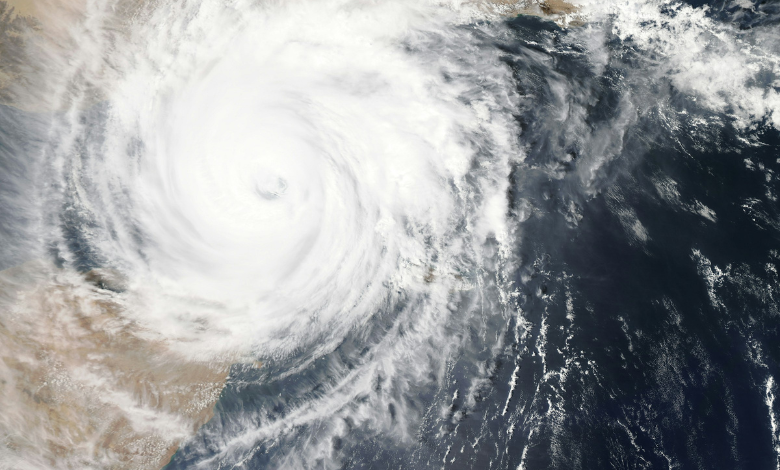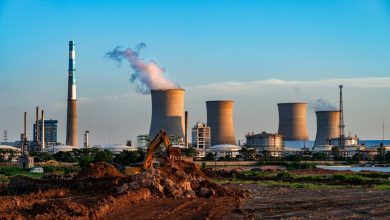Cyclone Remal hits India, Bangladesh: Is climate change to blame?

Cyclone Remal tore through Bangladesh and India’s eastern state of West Bengal, inflicting extensive damage to infrastructure and property, officials said on Monday. At least four people died in the state and its coastal areas suffered sizeably.
Pictures of devastation have been circulating on social media, highlighting the brutal scale of damage. The cyclone didn’t leave roofs of thatched huts intact, uprooted trees and knocked down electricity poles to cause significant power disruption in several areas.
Hurricanes or cyclones or typhoons
The US science body NOAA recently raised concerns that the Atlantic could face an “extraordinary” hurricane season from June to November 2024. This is linked to exceptionally high sea surface temperatures and more favourable atmospheric conditions.
In other parts of the globe, hurricanes are called cyclones or typhoons. Together, these notorious storms are referred to as tropical cyclones. They are, essentially, mighty storms developing in warm tropical ocean waters.
Tropical cyclones are characterised by exccessively high wind speeds, heavy precipitation and storm surges – short-term rises to sea levels. Such conditions often trigger significant damage and flooding. But is climate change to blame here?
Finding precise influence of climate change
Globally, the frequency of tropical cyclones has not increased, and in fact, the number might have fallen instead. But it is possible that a higher proportion of such storms across the globe are reaching category 3 or above, meaning they reach higher intensities.
It is challenging to assess the precise influence of climate change on individual tropical cyclones. But rising temperatures do affect these natural disasters in several measurable ways. Moreover, the high temperatures are mainly due to long-term greenhouse gas emissions.



